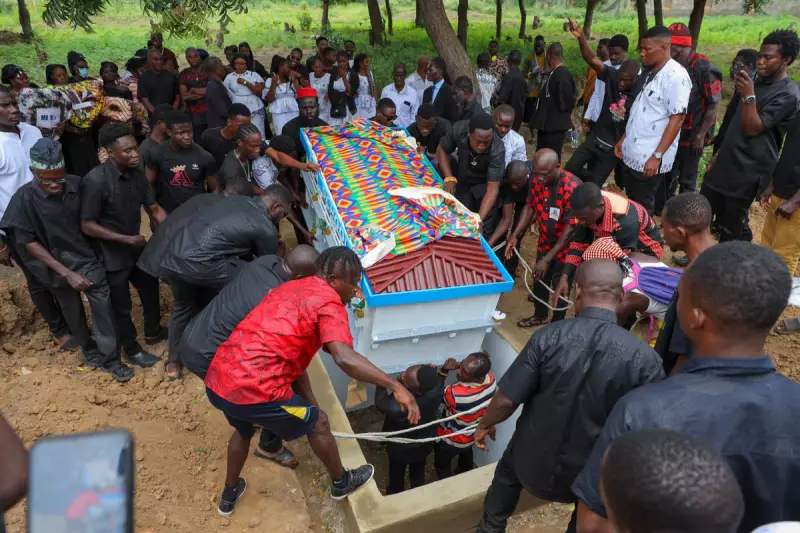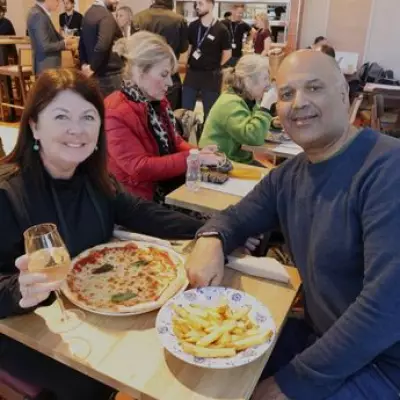
In the bustling heart of Accra, a profound and costly social revolution is underway. Ghanaians are increasingly pouring life savings and borrowed money into extraordinarily lavish funerals, creating a culture where the scale of a send-off has become a powerful status symbol.
This trend sees families investing sums that often dwarf annual incomes into elaborate events. The modern Ghanaian funeral has transformed into a days-long spectacle featuring custom-made coffins, professional mourners, expansive catering, and sound systems powerful enough for a concert.
The Crushing Weight of Social Expectation
Behind the colourful displays and vibrant celebrations lies a stark financial reality. Many families feel immense social pressure to provide a funeral deemed 'respectable' by community standards. This often leads to taking on significant debt, with some spending the equivalent of tens of thousands of pounds—a staggering amount in a country where the average annual income remains low.
"People will even sell their property or take loans from the bank just to fund a funeral," explains a local academic. The desire to avoid community shame and to honour the deceased in the 'proper' way overrides financial caution.
Prioritising the Dead Over the Living
Sociologists observing the phenomenon note a troubling paradox: families who might previously have invested in education, healthcare, or housing are now diverting those crucial resources towards funeral ceremonies. The expenditure on the dead, in some cases, far exceeds what was ever spent on the individual while they were alive.
This shift represents a significant change from more traditional practices, where funerals were simpler, community-led affairs. Today, the industry surrounding death has become commercialised, with a whole economy of caterers, coffin makers, and event planners fuelling the escalation.
While these extravagant funerals are a powerful display of Ghana's rich culture and deep respect for ancestors, they also pose serious questions about financial priorities and the growing pressure on ordinary families to keep up with soaring social expectations.





